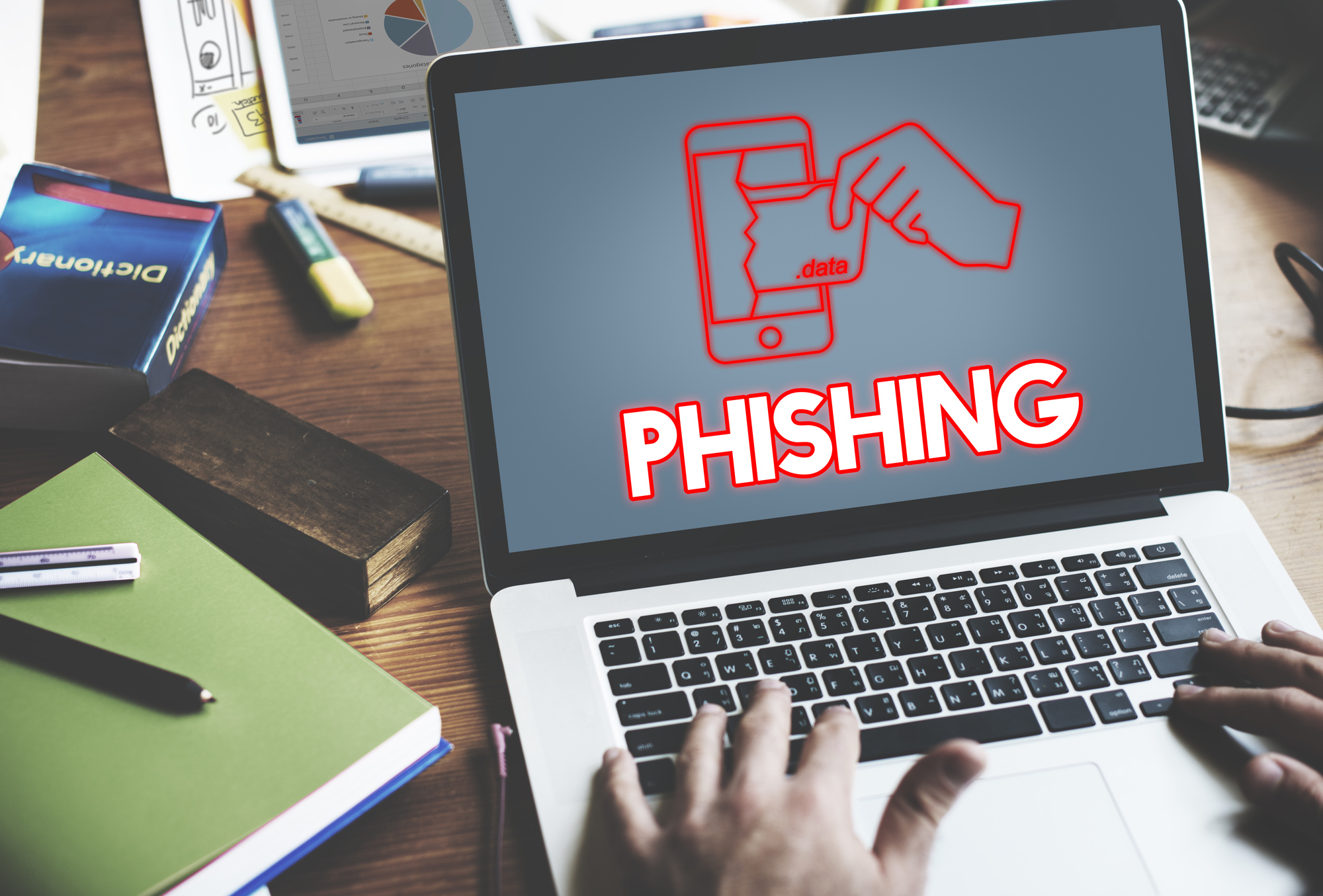Have you heard of phishing scams?
They are one of the many online scams that can leave you feeling violated and angry if you happen to fall for them. While some scams are obvious, phishing scams can be hard to detect if you don’t know what they involve. Before you know it, you are clicking on a link or an attachment and giving the scammers access to your information.
Fortunately, you can outsmart the scammers and protect yourself online. By knowing a few tips and tricks, you can ensure you never fall victim to a phishing scam.
If you are always online and want to protect yourself, here are a few tips to help you do just that.
Educate Yourself on Online Threats
One of the best ways to avoid getting scammed is to familiarize yourself with known phishing scams. Once you are familiar with the scams, you can recognize the signs and avoid them. This is a great way to protect yourself from internet security threats and keep your information safe.
Know the Signs
Email phishing scams are one of the most common scams today. While there are many types of email scams, they generally come from odd-looking addresses, have grammar and spelling errors, and use broken English. If you see any of these signs, report, block, and delete the email.
Avoid Clicking on Links
Many phishing scams require you to click a link in an email, text message, or social media message. While these links are designed to look tempting, avoid the urge to click on them. Only click links that are from senders you know first-hand.
Call Companies First
A popular phishing scam is to act like a legitimate company and ask for your sensitive information. You may get an email from your electric company or a pop-up from your internet provider asking you to verify your password, account number, and more. Rather than entering the information, call the official customer service line to verify your information or report the phishing scam if necessary.
Don’t Open Attachments
Similar to links, make sure not to open or download any attachments from senders you don’t know personally. These attachments infect your computer with spyware and steal your information. This spyware can be on your computer without you knowing forever, collecting financial information, your SSN, and more.
Use Secure Websites
Many scams, such as IRS phishing scams, will direct you to a website that looks legitimate but is not. Aside from various errors on the site, look to see if the website is secure. If you don’t notice an “https” or a lock icon in front of the domain, click off the site and navigate to the real website.
Use These Tips to Protect Yourself From Phishing Scams
By using these tips, you can avoid phishing scams and stay safe online.
Start by educating yourself so you can recognize a phishing scam. You should also know the signs, avoid clinking links, and avoid opening attachments. Never give out your information without calling the company requesting it and make sure to use secure websites when entering sensitive information.
Follow these tips when you are browsing online.
Don’t forget to browse our site for advice on business, technology, career, and more.
